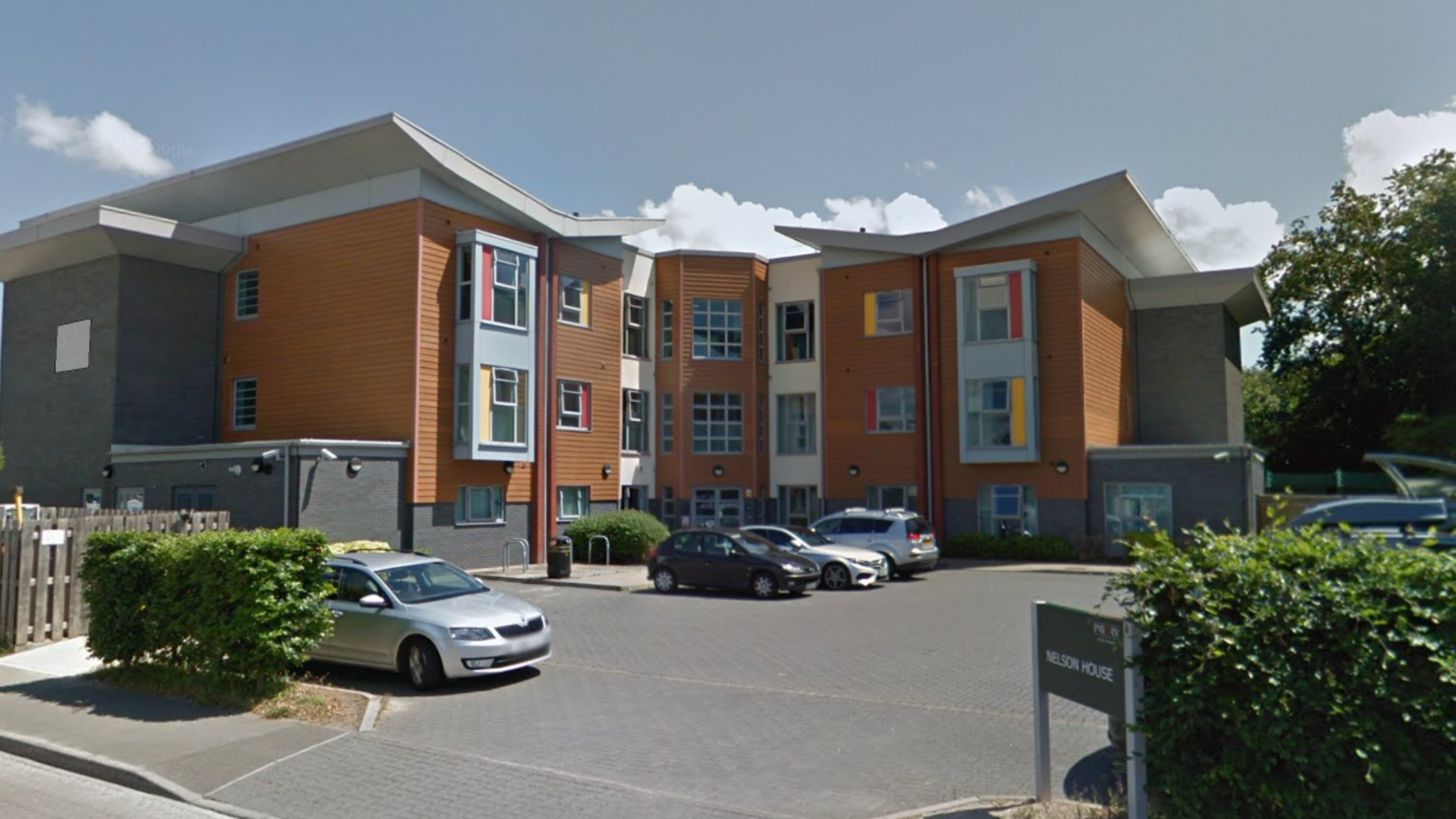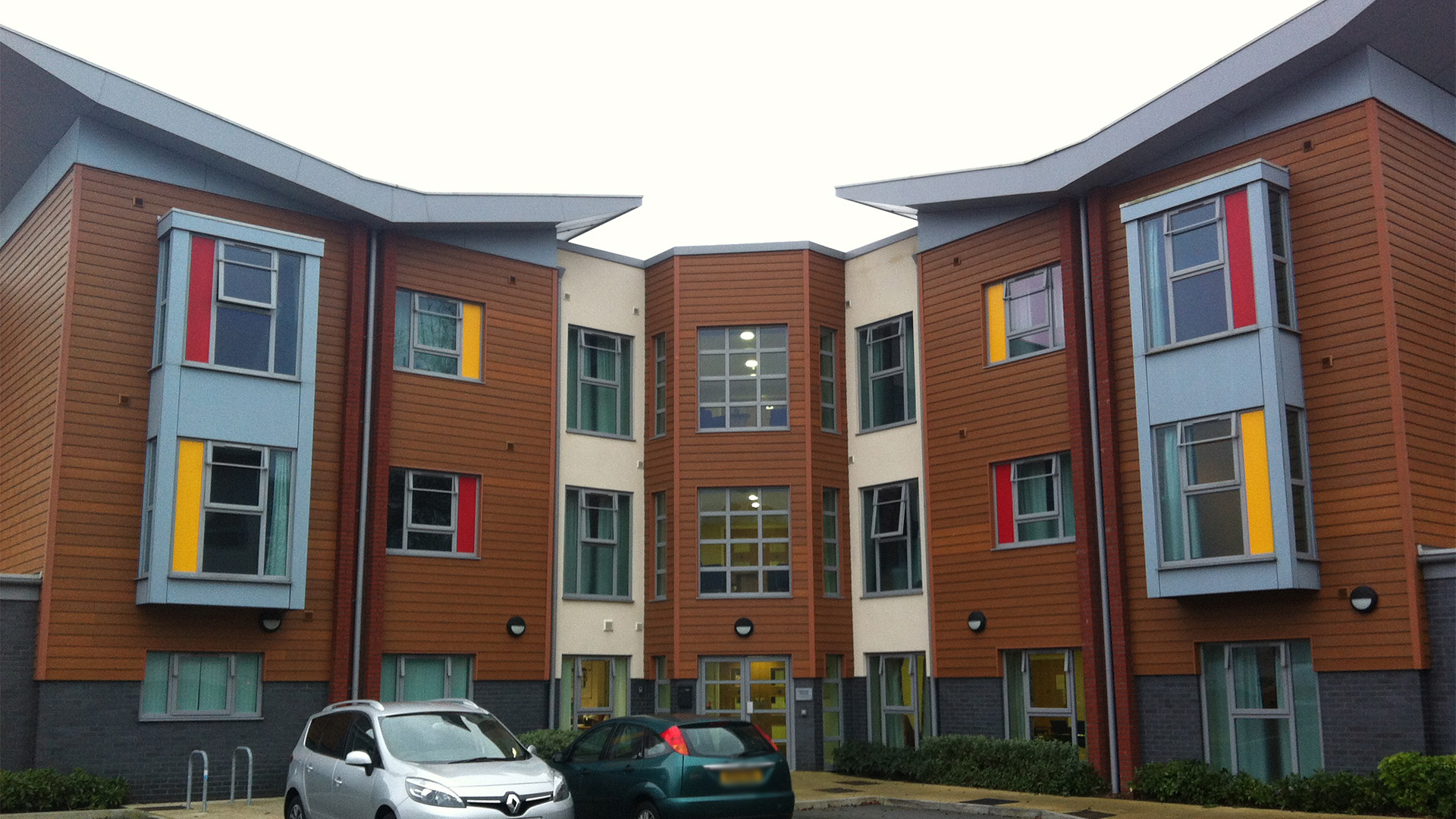
Following a history of relapse and unsuccessful discharges, Mr S engaged in a structured, multidisciplinary programme at Priory Hospital Nelson House. Through consistent support and a focus on personal values, he achieved a successful transition into supported living and continues to thrive in the community.
Background
Mr S, a 37-year-old man, was detained under Section 3 of the Mental Health Act and was admitted to Nelson House, following a period at another provider. Prior to this, he had spent time in prison. He was referred for a structured rehabilitation programme incorporating psychology, occupational therapy (OT), nursing, and substance misuse support.
Previous discharge attempts had been unsuccessful due to relapse associated with polysubstance use, which had led to an increase in risk. The aim of this admission was to support Mr S in developing the skills, insight, and structure required for sustainable recovery.
Person-centred approach
In keeping with a person-centred model of care, Mr S’s interests and values were integrated into his rehabilitation plan. Key contributors to his wellbeing that he identified, were fishing, and maintaining close relationships with family and friends. These were woven into his recovery pathway to promote engagement and motivation.
Upon admission, Mr S was reviewed by the consultant psychiatrist and commenced on an appropriate antipsychotic medication regime. Additional medication was prescribed to address his physical health needs. Once stabilised, he began to engage meaningfully with both the psychology and OT teams.
Interventions and progress
The OT team supported Mr S in establishing a structured daily routine that included personal care, domestic tasks, shopping, and meal preparation. Once he consistently demonstrated independence in these areas, he progressed to community-based interventions.
With OT support, Mr S secured a voluntary placement at a local church, where he provided refreshments to congregation members. He was also granted Section 17 leave to assist with family-led community projects - providing food to vulnerable individuals.
Within the hospital, Mr S took on a leadership role as the patient representative. In this position, he advocated for his peers during monthly community meetings and contributed to clinical governance forums. This reflected his growing confidence, sense of responsibility, and positive engagement with others.
Although initially hesitant to participate in psychological interventions, Mr S gradually developed a strong therapeutic relationship with the psychology team. Over time, he became more open in sessions, demonstrating increased insight into his mental health, relapse triggers, and the importance of sustained engagement with support services.
Discharge and outcomes
As Mr S progressed, Nelson House staff worked closely with the community mental health team to plan a safe and appropriate discharge. Mr S expressed a preference to remain in the Fareham and Gosport area, recognising that returning to his home area of Portsmouth could place him at risk of relapse.
A supported living placement was secured in Gosport, providing structure, consistency, and proximity to his family, friends, and voluntary work.
Since discharge, Mr S has remained settled and well engaged within supported accommodation. He continues to maintain his daily routine, participate in meaningful activity, and demonstrate an ongoing commitment to his recovery. He remains in contact with community services and continues to manage his mental and physical health effectively, showing sustained progress towards long-term stability and independence.

